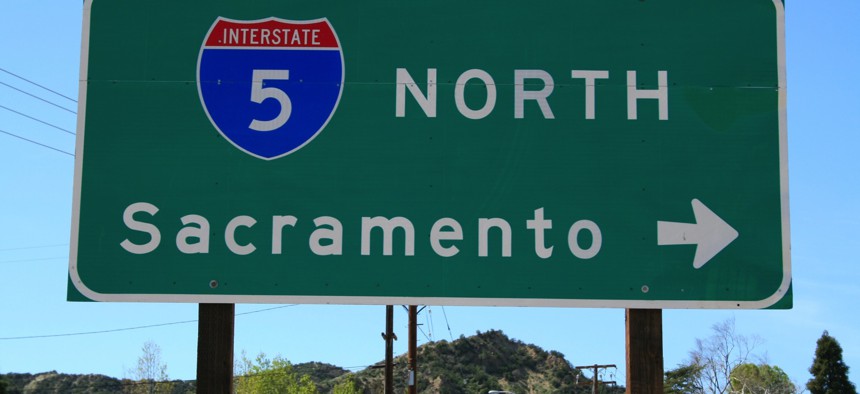Proposed Calif. Ballot Initiative Would Put Voters in Control of Future Pensions

Michael-John Wolfe / Shutterstock.com

Connecting state and local government leaders
401(k)-style plans would be the default for state and local government workers starting in 2019. Anything else would need public approval.
Should California voters have a say in whether state and local public sector employees get pensions?
If a proposed ballot initiative in the Golden State goes before voters in November 2016 and is approved, future state and local government employees who are hired starting in 2019 would automatically get a 401(k)-style defined-contribution plan.
If the state or a local government wants to continue offering pensions to its workers beyond 2019, voters would have to give the green light.
The proposed ballot initiative was filed on Thursday by advocates of pension reform in California, including former San Jose Mayor Chuck Reed and former San Diego City Councilman Carl DeMaio, who have argued that pension obligations are consuming the state’s finances and are have put the nation’s largest state on an unsustainable and unstable fiscal foundation.
As The Sacramento Bee reported late last week:
The proposal would also apply to other retirement benefits, such as medical insurance, aiming to cut what the proponents say are soaring retirement costs that have driven some cities into bankruptcy. Other provisions would prohibit government employers from paying more than half the cost of employee retirement benefits without voter approval and block politicians and government agencies from suing or taking other actions to impede voter-approved ballot measures regarding employee compensation or retirement benefits.
The proposed initiative, called the Voter Empowerment Act, needs 560,000 signatures to qualify for next year’s November ballot.
For Reed and DeMaio, the battle over public-sector pensions is nothing new. Both helped lead successful efforts to win approval for local ballot initiatives on public-sector employee benefits in their respective cities in 2012, though those are being challenged in the courts.
According to the San Jose Mercury News:
. . . Reed and DeMaio touted their measure as a way to give local jurisdictions the power and tools to make adjustments to future pension plans without roadblocks. They said that despite the state's improving economy, public employee pension debt in California continues to grow, from $6.3 billion in 2003 to $198 billion in 2013.
For more on California’s public-sector pension quandary, read Route Fifty’s recent analysis, “California Confronts Its Daunting Pension Shortfalls,” by Editor at Large Timothy B. Clark.

NEXT STORY: When State Governments Use Internet Shaming to Generate Revenue





